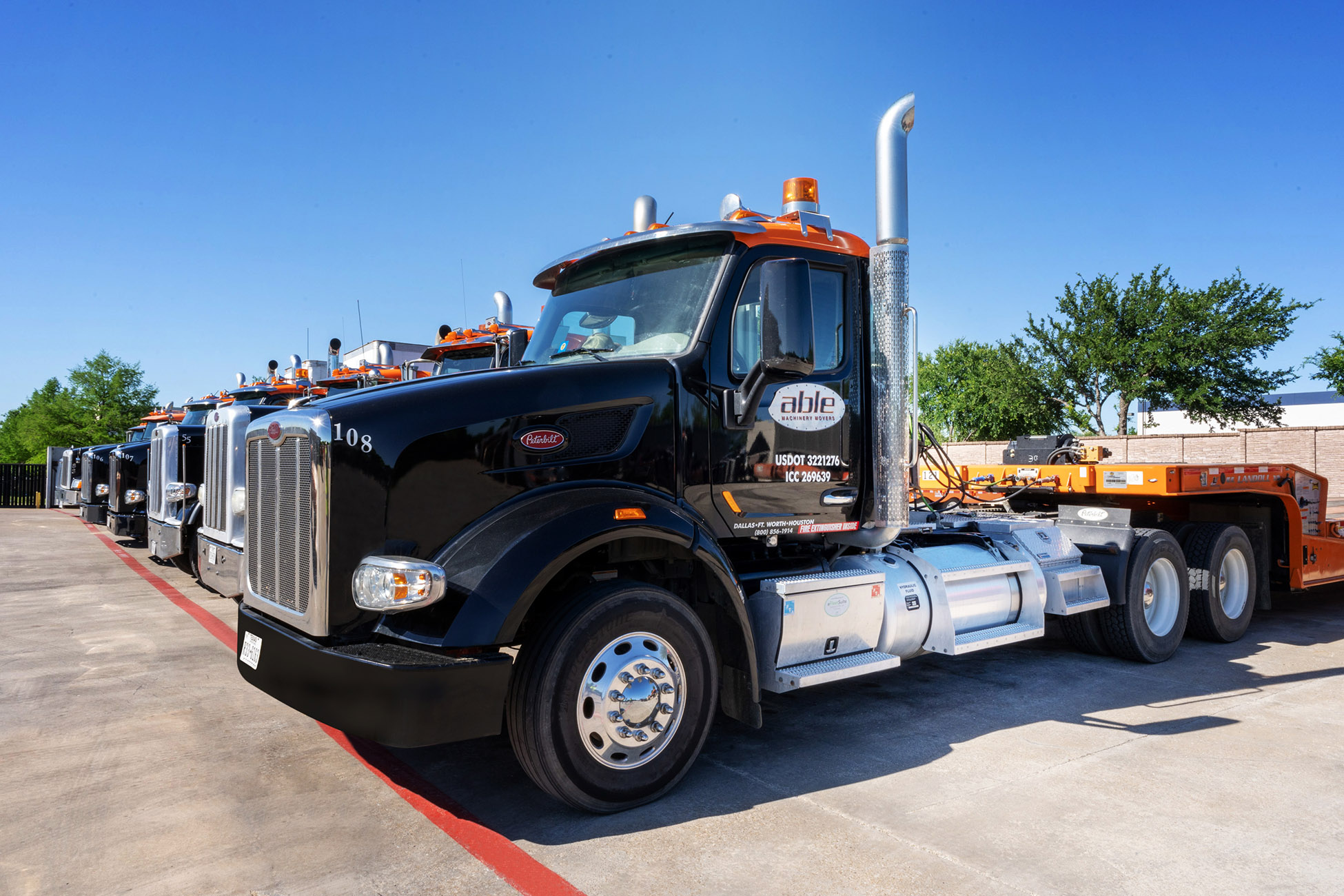Riggers Liability Insurance: What is it and why do you need it?
Liability insurance is available to transfer risk from a rigging company to an insurance company for an insurance premium. This quick guide is all about riggers liability insurance: what it covers, who it’s for and why it’s important to have.
WHO IS CONSIDERED A RIGGER?
A rigger is a skilled contractor that uses cranes, pulley systems, chain hoists and similar equipment to move, build and install machinery.
There are many contractors and construction workers who perform rigging operations but that is not their primary job function. They may provide ancillary rigging services but it is not their core operation.
Any contractor who regularly uses machinery such as cranes to move and haul equipment is a rigger who should have specialized liability insurance.
WHAT IS RIGGERS LIABILITY INSURANCE?
Rigger’s liability specifically addresses the risk a contractor takes on when moving the property of a client. The standard General Liability form that most businesses in The United States carry specifically excludes damage to someone else’s property that is in the “care, custody or control” of the insured. By the nature of their business, Riggers take the “care custody or control” of others property by the nature of their business operations.
Riggers Liability specifically covers the property that is taken into possession by the rigger and provides a specific limit of coverage for that property. Various limits of liability can be obtained by the rigging company to adequately cover the property that they are taking possession. Rigger’s liability can also be designed to cover the resulting losses that come from damage to the physical property. For example, if a machine was damaged that cost $100,000 but the machine was not able to be replaced for 6 months, the company using the machine may expect to receive $10,000 per month in production in addition to the $100,000 for the machine replacement. This coverage can be obtained by the rigging company, so they are not “on the hook” for that additional cost.
ADDING A RIGGERS LIABILITY ENDORSEMENT
Some insurance carriers will be willing to adding a Riggers Liability endorsement to the General Liability policy. There are many endorsements out there, and they vary in scope and limit of coverage. There are also additional ways to provide Riggers Liability, such as using an inland marine policy.
WHAT IS COVERED BY RIGGERS LIABILITY INSURANCE?
Coverage varies by provider and policy, but riggers liability insurance typically covers property in the care, custody or control of the rigger is moving or installing. In other words, the other person’s property that is being moved with a crane, forklift or slid across the floor by expert riggers is afforded coverage under the riggers liability policy.
With any liability insurance policy, the Riggers liability policy will defend the insured and pay a claim if the insured is found to be liable for the alleged damage.
HOW DOES RIGGER LIABILITY INSURANCE DIFFER FROM INSTALLATION FLOATER POLICIES?
The difference between rigger liability insurance and installation floater policies comes down to what is protected.
Installation floaters can be designed to fit some of the needs of rigging companies; however they frequently leave gaps in coverage for a true rigging company to have adequate coverage. Installation floaters are typically used in the construction industry for something that will be permanently installed. Often riggers are not “installing” something, they are merely setting it into place. That difference may seem insignificant, but it certainly could be debated in court if a 6 or 7 figure claim is on the line.
If you aren’t sure which type of riggers insurance plan will provide appropriate coverage, consider reaching out to a insurance broker who specializes in riggers liability to explain the current options.
READ MORE: Rigging Services
